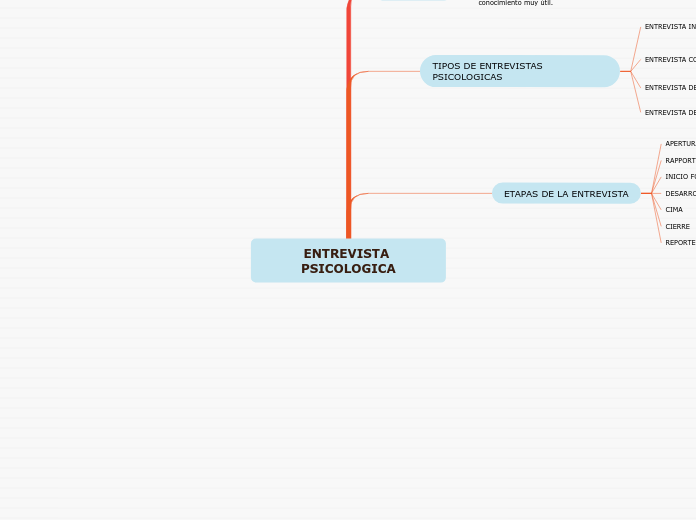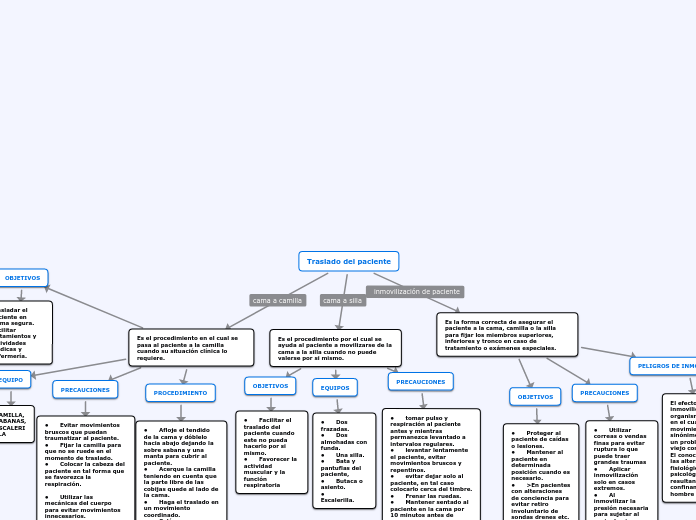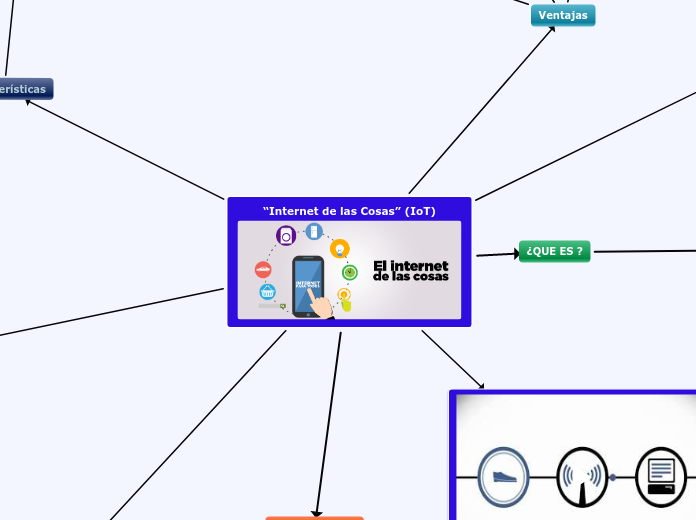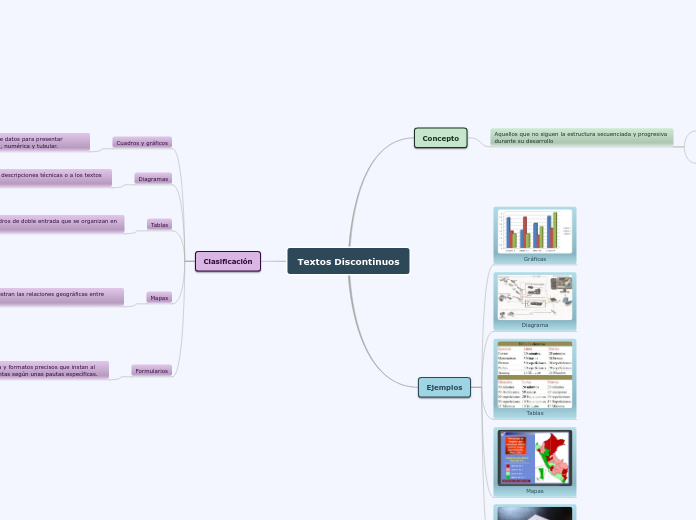ELEMENTOS DE LA ENTREVISTA
MEDIO
CONTEXTO
MENSAJE
ENTREVISTADO
ENTREVISTADOR
ENTREVISTA PSICOLOGICA
To name your story, you have to think about the overall message and what you want your audience to understand from the story. Also, make it relevant and easy to remember.
ETAPAS DE LA ENTREVISTA
The ending of a story is essential. We all know that if the ending is weak, what happened before loses its importance. So make it unpredictable, but fair. A resolved ending answers all the questions and ties up any loose threads from the plot.
REPORTE
CIERRE
CIMA
DESARROLLO DE LA ENTREVISTA
INICIO FORMAL DE LA ENTREVISTA
RAPPORT
APERTURA
TIPOS DE ENTREVISTAS PSICOLOGICAS
The middle of the story is where you add layers of complications that will lead to the end. Reveal more about the character's journey. Did their personality go through changes? How did they overcome the challenges? And as you build up the story’s central conflict, make it more personal to that character. Also, from the middle act, you have to lead into the final act.
ENTREVISTA DE ALTA
There wouldn't be any tension and excitement in your story if there weren't any obstacles in your character's way.
Cuando ha culminado el proceso terapéutico, el psicólogo debe hacer una última entrevista para dar por finalizado el tratamiento de manera formal.
A story is nothing more than a character overcoming a series of difficulties to reach the desired goal. Obstacles usually create suspense and conflict. In overcoming obstacles, there is growth: weak becomes strong; hatred turns into love; sadness into happiness; wrong into right; lies into truth; or evil becomes good.
See a few examples below:
- stopping a meteor
- finding a killer
- finding love
ENTREVISTA DE DEVOLUCION
Your character(s) need(s) motivation in order to solve the challenge(s).
El psicólogo responde las inquietudes del paciente.
Secondary characters might also have motives that lead them to cross paths with the main character or which might trigger them to help the main character.
ENTREVISTA COMPLEMENTARIA
Es una recopilación de datos que si bien no están estrechamente vinculadas con el motivo de consulta, le pueden servir al psicólogo para obtener información valiosa para el tratamiento.
ENTREVISTA INICIAL
Each story has a main character and that character usually needs to solve a problem or challenge. The character's challenge is the one that creates tension throughout the story.
Es la conversación que se da por primera vez entre psicólogo y paciente dentro del espacio de atención terapéutica.
In most stories, there are 3 challenges. The number 3 is a mystical number symbolizing completeness. Try to come up with interesting challenges with which your character needs to struggle.
See a few examples below:
- turns into a werewolf at night
- is sent back in time
DEFINICION
In the beginning of the story (or the exposition), you will need to introduce the setting and characters. You might also want to introduce the main conflict. This part of the story is important because it gives the reader necessary background information and maybe even a first insight into a character’s personality.
es una técnica utilizada previa al diagnóstico e incluso previa a cualquier modalidad de intervención. Es un proceso imprescindible de evaluación, pues en él vamos a extraer mucha información y conocimiento muy útil.
Characters are essential to a good story. Usually, the protagonist(s) is/are the most affected by the plot. Introduce a character by focusing on their actions, interests, and occupation, as the physical appearance doesn't make a difference in most cases.










